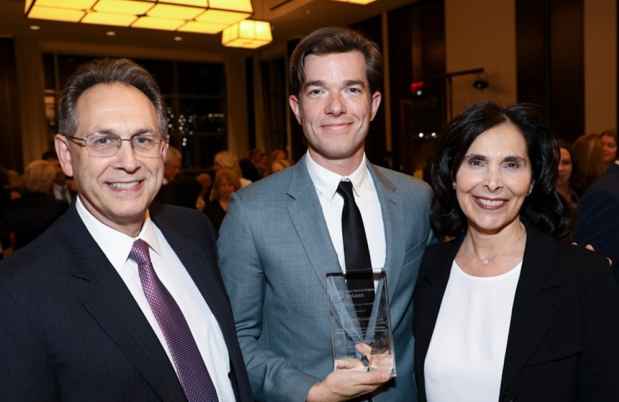Horizons – Spring 2020
A publication for friends and supporters of McLean Hospital
April 3, 2020
This issue of Horizons focuses on McLean’s work to address the growing need for more—and better—child and adolescent services.
We know that early intervention is the best route to a successful outcome. McLean is committed to identifying and treating psychiatric disorders as soon as symptoms arise—and supporting families through their most vulnerable moments.
You’ll read how, under the leadership of Dr. Joseph Gold, McLean’s chief medical officer and the chief of the Simches Division of Child and Adolescent Psychiatry, McLean has been steadily and mindfully expanding services over the past two decades. And yet, we know there is still much more to do.
Next, we feature a researcher whose passion is to understand depression in teens. Mentored by Diego A. Pizzagalli, PhD, Christian Webb, PhD, is using innovative methods to predict depression risk and develop better treatments.
You’ll also read a conversation with Stephanie Pinder-Amaker, PhD, director of our College Mental Health Program. She shares new initiatives as well as efforts to scale services in smart and insightful ways.
Finally, you’ll meet a couple who, after providing the best support for their own children, have devoted themselves to giving back.

Child and Adolescent Services Expand to Meet Growing Needs
Sarah was diagnosed with a confusing series of psychiatric disorders after showing symptoms as early as second grade. At 14, she spent four months rarely getting out of bed. Desperate for help, her parents found McLean’s Adolescent Acute Residential Treatment (ART) Program. Its short-term, intensive focus helps stabilize teens in crisis, and during Sarah’s three-and-a-half week stay, things finally began to change for the better. Thanks to therapy and the right medications, she began down the path to recovery.
Philanthropy Bolsters Research Into Teen Depression
How do you predict which teenagers will develop clinical depression? Can you use brain activity, mood or behavior patterns, and other information? Are there targeted prevention strategies that could stop a vulnerable young person from plunging into depression? And for teenagers who are currently suffering, how do you ensure from the get-go that they receive the right treatment? Researcher Christian A. Webb, PhD, who directs the Treatment and Etiology of Depression in Youth (TEDY) Laboratory, is focused on answering these and related questions.
College Mental Health Q&A With Dr. Stephanie Pinder-Amaker
Established in 2008, the College Mental Health Program (CMHP) provides assessment, education, and support to students with mental illness and adjustment issues, with the goal of easing their transition to college initially and, in some cases, their return after a medical leave. The CMHP also provides consultation and education to parents and colleges—more than 200 across the country—on how to better support students’ behavioral health needs. Find out the latest updates from the College Mental Health Program from Program Director Stephanie Pinder-Amaker, PhD.
How One Family Is Moving Forward and Giving Back
Janie and Jeff Plank had no idea what to do when, in quick succession, three of their four children found themselves grappling with mental illness. “We were tossed into a pool and didn’t know how to swim,” remembered Janie. She turned to her friend McLean National Council member Carroll Pierce. Carroll and fellow National Council member Barbara Bloom were “lifesavers.” They helped the Planks navigate the unfamiliar territory of supporting a child with mental illness.
Read more in the full issue:
Media Requests
Journalist or member of the media? We are available 24/7 for media requests.



